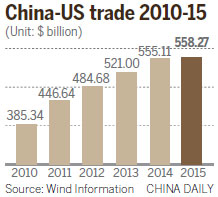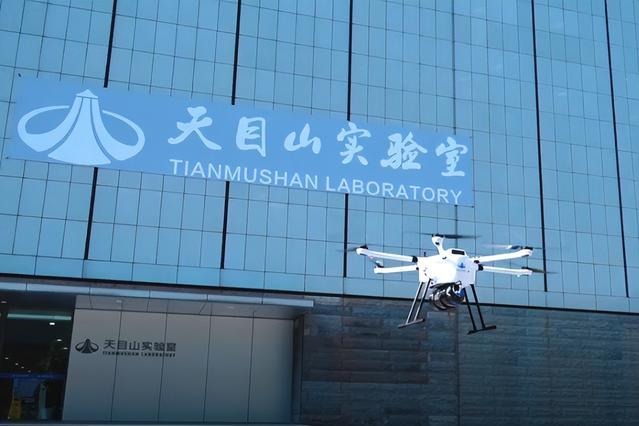No delay expected on investment treaty talks

The ongoing negotiations for a bilateral investment treaty between China and the United States will not be obstructed or delayed by Donald Trump's new administration, as both sides are under pressure to stimulate their economies, experts said on Nov 9.
Their comments came after Trump gained the keys to the White House in the presidential election. The experts were optimistic despite the fact Trump previously pledged to impose tariffs on Chinese products to "level the playing field", even though analysts say this would be contrary to the rules of the World Trade Organization.
He Jingtong, a professor of trade policy at Nankai University in Tianjin, says potential political conflict will not occur after Trump took over the reigns of power, because he needs to fulfill his promise to create jobs in the US manufacturing sector, at least within the next two years.
"The US economy still relies on big-ticket investment from China to create new market growth points to boost both job and export markets," He says. "Shutting down the BIT talk channels will not conform to the interests of either the new US federal government or local governments, especially those located in the so-called Rust Belt of the country."
Backed by its legal environment, infrastructure facilities and market demand, the US remained China's biggest overseas investment destination in the first three quarters of this year. China's outbound direct investment to the US amounted to $16.2 billion (14.7 billion euros; 13.1 billion) during the nine-month period.

Chinese investment mainly flowed into the country's manufacturing, information, food processing, retail and housing sectors.
A bilateral investment treaty is an agreement signed between two countries or regions on cross-border investment. It assures foreign investors of nondiscriminatory treatment and protection against unwarranted expropriation.
"The road ahead is still fairly tough," says Zhang Jianping, director of the International Economic Cooperation Institute of the National Development and Reform Commission.
"The validation of the BIT can help both Chinese and US companies operate businesses in each other's markets independently in the long term, instead of looking for local partners to form joint ventures," Zhang says.
He says this would give investors more flexibility to control their finances and make investment decisions.
China and the US held their 31st round of BIT talks in Washington this week.
China has signed bilateral investment treaties with 130 countries and regions, according to the Ministry of Commerce.
zhongnan@chinadaily.com.cn
(China Daily Africa Weekly 11/11/2016 page25)
Today's Top News
- Evidence mounts of Japan's wartime atrocities
- Gunmen kill 11, wound many on Sydney beach
- Study finds Earth's deep water reservoirs
- China remembers victims of Nanjing Massacre 88 years on
- Philippines' provocations will avail it nothing: China Daily editorial
- China steps up financial support to spur consumption






























